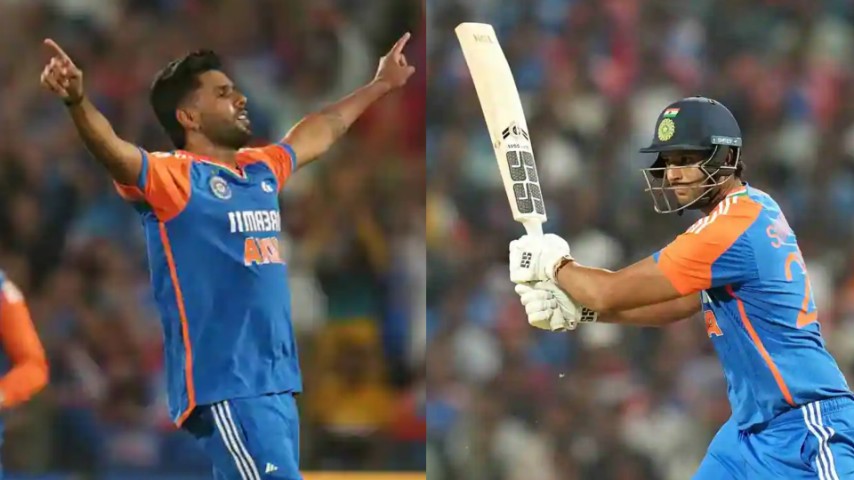- Wed, March 16, 2022

Loading

Loading

In a pivotal moment during the fourth T20 match between India and England on January 31, 2025, all-rounder Shivam Dube suffered a concussion after a bouncer struck him on the helmet. Following medical assessment, Dube was deemed unfit to continue, leading to the introduction of Harshit Rana as his concussion substitute.
Concussion Substitute Protocols
The International Cricket Council (ICC) implemented concussion substitute regulations in August 2019 to prioritize player safety. Under these rules, a concussed player can be replaced, provided the substitute is a "like-for-like" replacement, subject to the match referee's approval. The substitute is permitted to participate fully, including batting and bowling, ensuring the team isn't disadvantaged due to the injury.
Assessment of the Substitution
In this instance, the match referee evaluated the roles of both Dube and Rana. Dube, known for his all-round capabilities, was replaced by Rana, a player with similar skills in both batting and bowling. This alignment adheres to the ICC's "like-for-like" criterion, making the substitution both fair and within the established guidelines.
Expert Opinions
Cricket analysts have largely supported the decision. Former cricketer and commentator Aakash Chopra noted, "The primary concern is the player's health. The concussion substitute rule ensures teams aren't penalized for injuries, provided the replacement mirrors the skill set of the injured player." He emphasized the importance of strict adherence to the "like-for-like" mandate to maintain the game's integrity.
However, some experts caution against potential misuse. Cricket historian Boria Majumdar remarked, "While the rule is essential for player safety, it's crucial to ensure teams don't exploit it to gain a tactical advantage. The match referee's role is pivotal in upholding the spirit of the game."
The substitution of Harshit Rana for Shivam Dube was executed in line with ICC regulations, aiming to balance player welfare with competitive fairness. As cricket continues to evolve, such protocols underscore the sport's commitment to adapting rules that prioritize safety without compromising the game's integrity.
Comments:
Leave a Reply